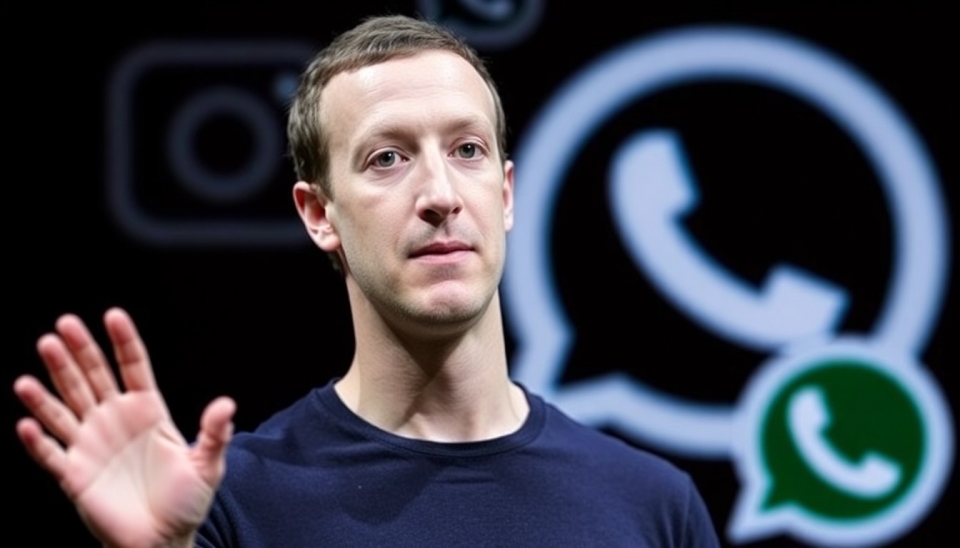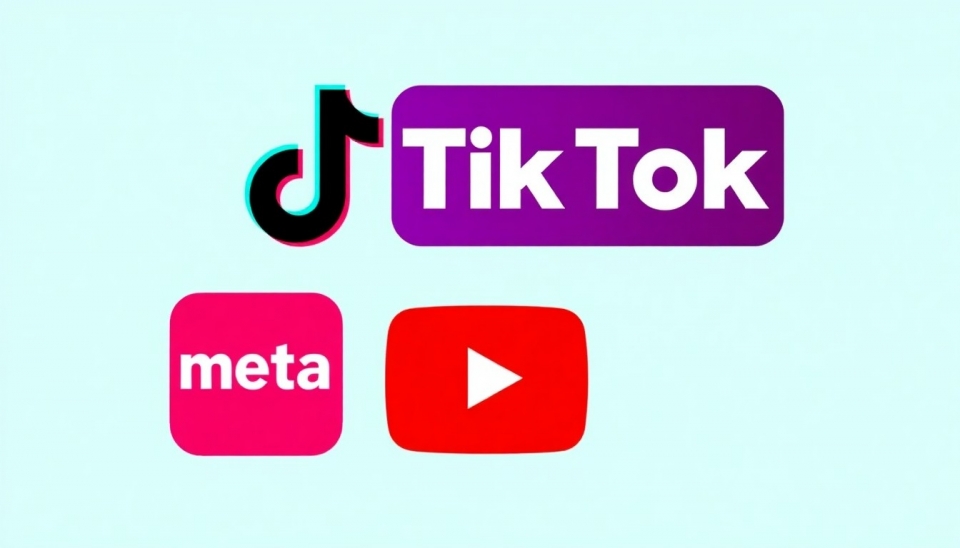
In a critical day for Meta Platforms Inc., CEO Mark Zuckerberg appeared before Congress to address a series of contentious email communications centered around the company's acquisitions of Instagram and WhatsApp. Lawmakers are scrutinizing the implications these deals have had on competition and user privacy in the tech landscape. The testimony comes amid growing concerns about the monopoly power of major tech firms.
During his testimony, Zuckerberg defended Meta’s acquisitions, asserting that they were vital for fostering innovation and enhancing connectivity within the social media sphere. He emphasized that both Instagram and WhatsApp were integrated into the company's broader strategy of providing safe and meaningful online communication. The CEO argued that these platforms allowed users to engage more fully with their networks, ultimately benefiting the online ecosystem.
The backdrop of Zuckerberg's appearance stems from numerous emails that surfaced, revealing discussions about the potential market impacts of acquiring the two platforms. These communications are under investigation for possibly illustrating Meta's strategies to suppress competition, thereby raising antitrust alarms. Congressional members expressed skepticism about whether the data-driven enhancements and safety measures that Zuckerberg touted were genuine or merely a façade for maintaining Meta's dominant market position.
As the testimony progressed, several lawmakers pointed to the eroding trust in Meta, particularly in light of previous mishaps concerning data privacy and security. Some Congress members referenced high-profile incidents linked to privacy breaches, which have fueled public distrust in the platform. They queried Zuckerberg about how the acquisitions aligned with Meta's responsibilities to protect user data and maintain competition in the tech sector.
In his defense, Zuckerberg highlighted the positive transformations Instagram and WhatsApp have undergone post-acquisition, noting the upgrades in security features and user privacy controls implemented by Meta. He insisted that the company is committed to adhering to regulations and working collaboratively with lawmakers to create a safer online environment.
However, critics remain skeptical. They argue that Meta's substantial market control could stifle competition and hinder other startups from gaining traction within the social media marketplace. The concerns voiced during the hearings may represent a pivotal moment in shaping future policies aimed at regulating tech giants and ensuring a competitive landscape.
As the scrutiny continues, this testimony could have far-reaching implications, potentially leading to more stringent regulations and oversight within the tech industry. Lawmakers have underscored the importance of careful examination to ensure fair play in an increasingly digital and interconnected world.
The outcome of these hearings could mark a significant turning point for both Meta and the broader tech industry. Stakeholders are closely watching to see whether policymakers will take actionable steps in response to the findings and criticisms raised during this key moment in the ongoing discourse around technology and regulation.
As discussions roll on, both supporters and detractors of Meta's business practices await developments that could reshape how we think about competition and privacy in the digital age.
#Meta #Zuckerberg #Congress #Instagram #WhatsApp #Antitrust #TechRegulation #Privacy #SocialMedia #Innovation
Author: Emily Collins




